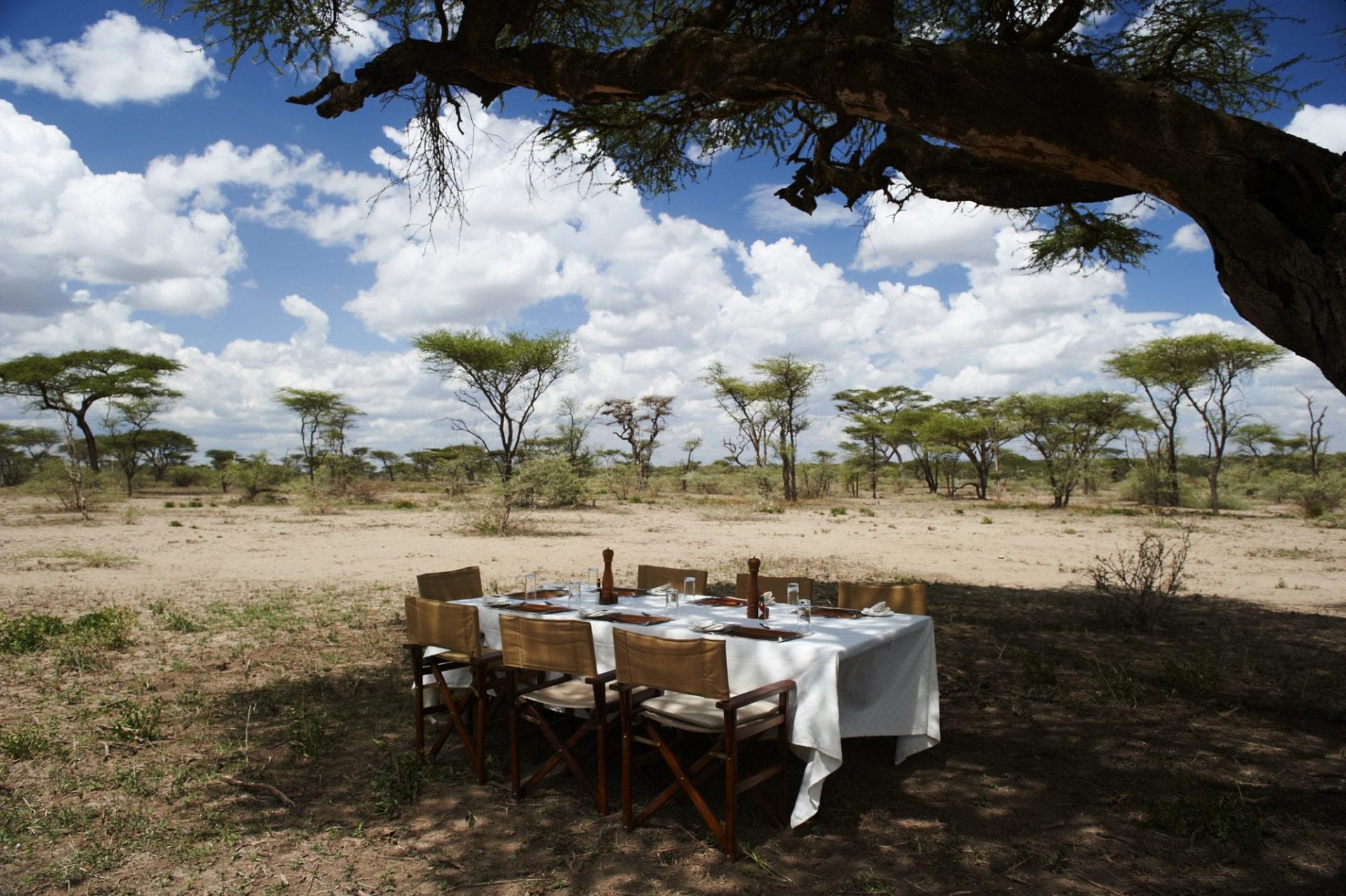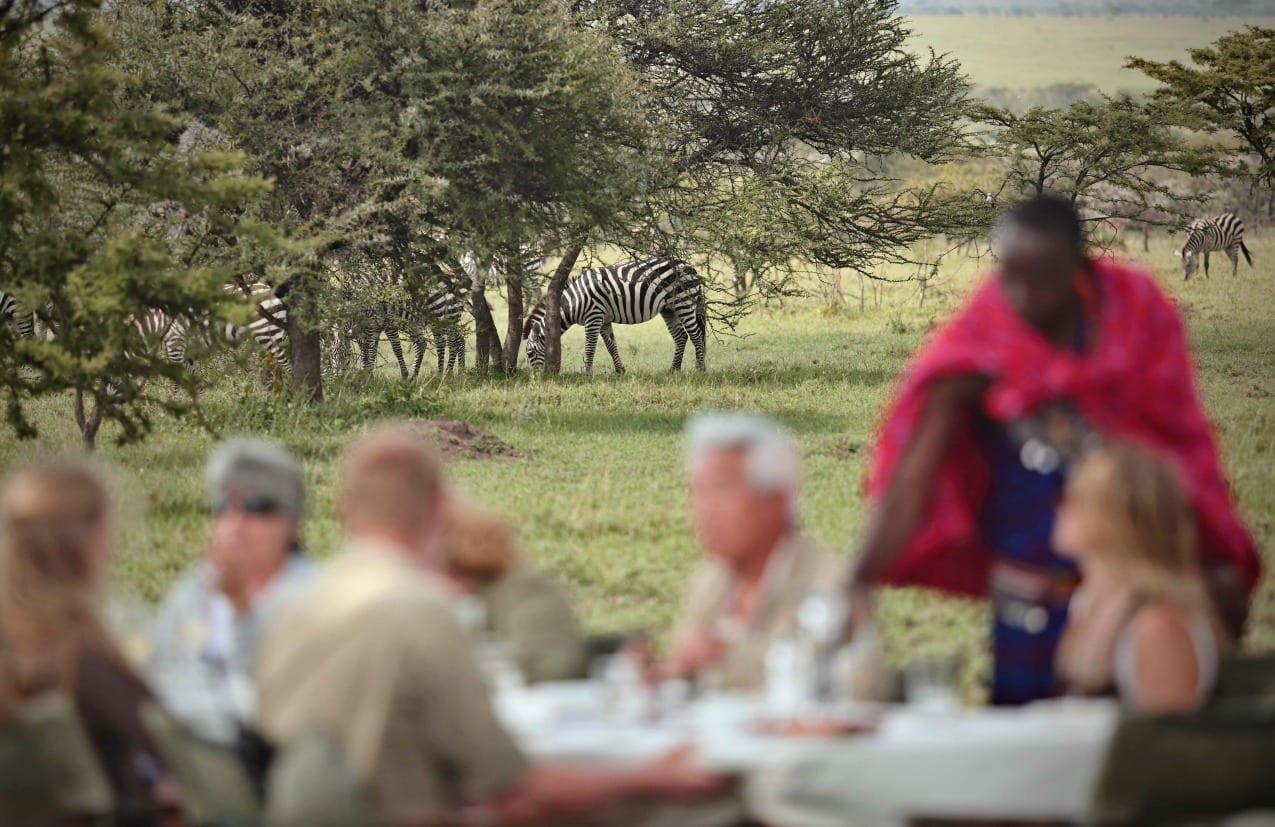Why would a Safari Operator talk about Diet Culture?
Because Rothschild Safaris is not your average Safari Operator. We will bravely look at every aspect of joy on Safari.
Whether your concerns are religious, cultural, ethical or physiological, we want to share our thoughts and experiences to help alleviate food-related stress before you travel; and ultimately to enjoy your safari even more.
It is impossible to escape diet beliefs and concerns in our modern Western world. Even traveling to the other side of the world and into the middle of the African bush may not give you a break from dealing with specific preferences as well as body image, health, and food issues. Getting through an entire day on safari without someone commenting on the constant worry of weight gain is a challenge… because honestly, you can eat very, very well on a safari and do less exercise than you might be accustomed to at home.
For many of us, what we will eat on safari is an authentic source of worry.
If you are nervous about breaking your regular routine and trusting your intuition in a new environment on safari, this blog is for you. We have collected tips that might help or point you in the direction of freedom from stress around eating on safari.
Disclaimer: The following tips are for informational and educational purposes only and are not meant to be used as an alternative or substitute for individual medical or mental health advice.
Diet Culture
Diets are like chameleons. Not only are they hiding everywhere in plain sight, but they are also very crafty. Most recently they hide under the guise of wellness or healthy lifestyles.
There isn’t any problem with eating food that is good for you but when you start applying external rules and focusing on weight rather than listening to what the body needs, they can contradict what is available in a given scenario.
It may be terrifying to let go of your weight-loss thinking. For many people, the thought of having incredibly delicious food constantly available makes for the very blood-curdling possibility of ballooning out of control (and all your lovely safari clothes) before the end of your trip.
Now, it may be vital for you to get professional help as your problem is most likely not a nutrition-education problem; it is a diet-belief problem. And if this statement resonates with you, why wait until after your safari to start the process when you will enjoy your safari so much more if you are already on track to freedom?
Changing your mindset and releasing your focus on food and weight is difficult. But we were all born at peace with food and in tune with our internal nutrition needs… and we can all return to that state.
A note on exercise
At Rothschild Safaris we can all still remember a time when people started to embrace exercise and safari was still a very sedentary experience. This resulted in a lot of very understandable frustration. Luckily Africa has caught up with the trends, and most lodges and camps now have a gym and/or provide mats for doing yoga in your room, etc. You can always pack a skipping rope if your body complains about not moving enough… or book more massages!
It is, however, a good idea not to expect too much of yourself on safari. The (very) early morning starts and late nights may catch up with you, and on some days, you could spend as much as 10 hours on game drives and transfers. Accept that you may not be able to move quite as much as you are used to. Just prepare to listen to your body and simply relax into the experience.
All That Safari Food
A safari can pose two immediate problems for anyone experiencing disordered eating:
- Too much food
- Too little food
It is true that food will be on offer at every opportunity on a safari. Typically, you will have a snack before your morning safari, stop for a coffee (with chocolate and other snacks if you like), and nibbles during the day. Then you will have a large breakfast when you return from safari, followed by a generous lunch. And, of course, there is the scrumptious afternoon tea. Off on your afternoon safari with the ubiquitous sundowner drinks and snacks… and finally dinner with all the bells and whistles.
Phew…an eating safari!
But then there is also little opportunity to eat what you want when you want (and as you don’t want to encourage creepy crawlies and monkeys in your room or tent keeping snacks* may not be the answer either).
And there will be new foods. Some will be incredibly lovely, and you might find others unbearable.
You may need to eat when you aren’t hungry and go without food when you are. Then there is jetlag and worries about intolerance and allergy or preference information being lost in translation.
If you aren’t exactly at peace with food, it is easy to see that this combination of factors may present the perfect storm.
There is no quick fix here, but there is also no reason for you to fear eating (or not eating) on safari. In fact, we have found that a safari can be an excellent tool for gaining more freedom around food.
A shift in mindset is necessary to allow you to look at food and your body differently. We get it. To abandon the black-and-white binge or starve mentality and to start listening to what your current body needs and trusting your intuition is difficult.

The process can vary wildly from person to person, but these four painless tips are what most people find helpful:
First Feel Satisfied
Try to think of your enjoyment first on safari. Eat what tastes good and revel in the taste. (We often ask chefs for their recipes on safari – that way you can recreate the taste and the memory again at home). Satisfaction is the key, and you should have fun with the food and eat what sounds or looks good! At the same time do try to gently ensure that you eat enough filling food to keep your energy levels from waning. A safari can be hard work.
Be Curious
How about not being judgmental and hard on yourself about your food choices? Instead, look at your behavior with curiosity. Bring a journal and treat it all like an experiment in freedom.
Snack
We said to be careful with snacks and in some very remote camps it may definitely be better to ask for something when you need it, but many lodges have a little fridge in the room these days, and your goodies will be perfectly safe there.
Choose Easy
Fire the food police and decide that it will be enjoyable to indulge and it won’t be hard.
There is no such thing as Good and Bad Food; there is only food that makes you happy and satisfies your cravings. And this is different for everyone. The faster you start listening to your own body instead of other people, the quicker you will stop stressing and start enjoying this one precious life.
We wish you all the good luck on Safari.
May you spot your favorite animals.
May the hospitality of Africa envelop you with warmth.
May you dream of the fabulous food for many moons.
… and return for another helping.


